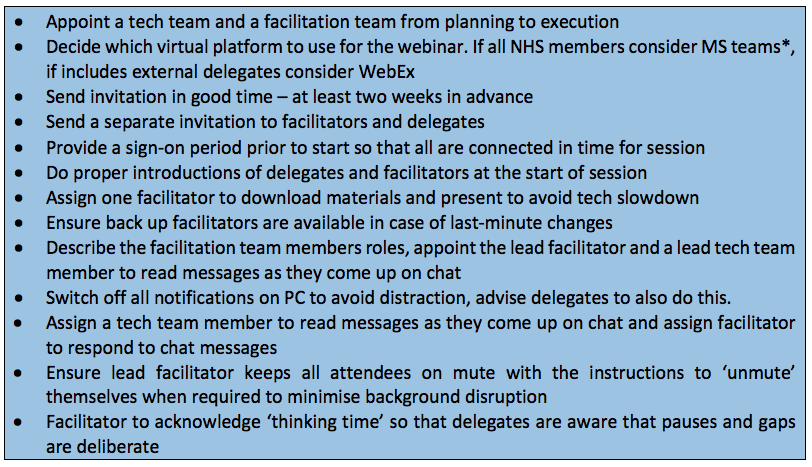Most Read Stories
-
Why is Quality Control important?
18th July 2018

-
An Illustrated Guide to Quality Improvement
20th May 2019

-
2016 QI Conference Poster Presentations
22nd March 2016
-
Recognising Racism: Using QI to Help Take Action
21st January 2021

-
Using data enabled us to understand our problem
31st March 2023

-
QI Essentials: What does a Chief Quality Officer do?
18th March 2019

Follow QI on social media
To keep up to date on the latest concerning QI at ELFT, follow us on our socials.




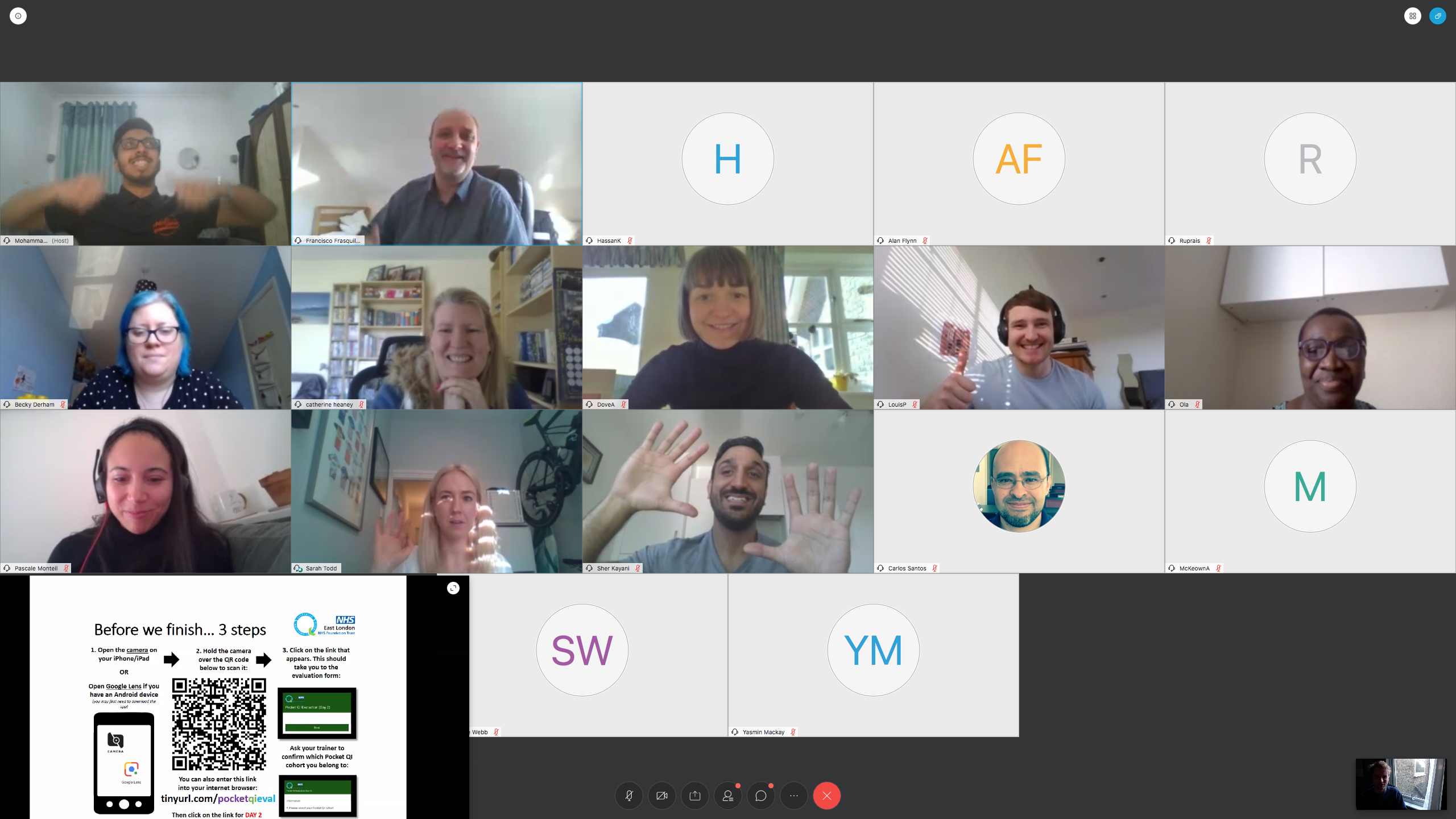
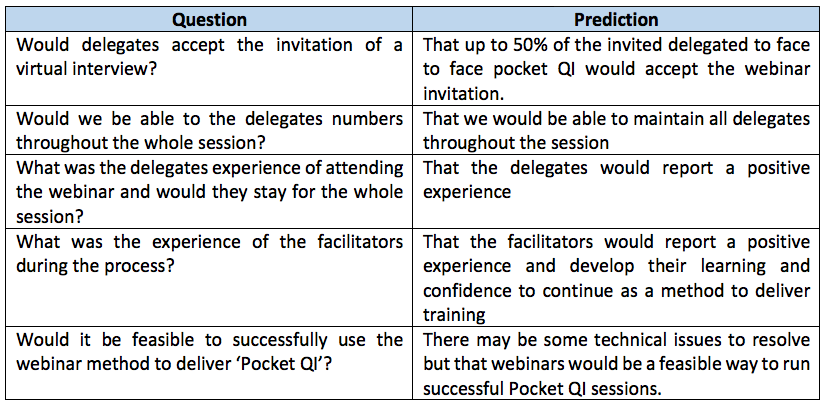
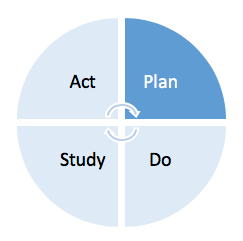 Plan: Plan the test, including the plan for collecting data
Plan: Plan the test, including the plan for collecting data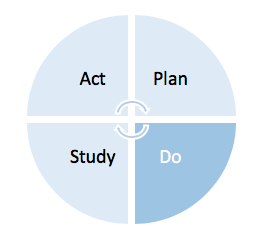 Do: Run the test on a small scale
Do: Run the test on a small scale 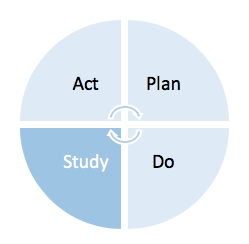 Study: Analyse the results and compare to the predictions
Study: Analyse the results and compare to the predictions 
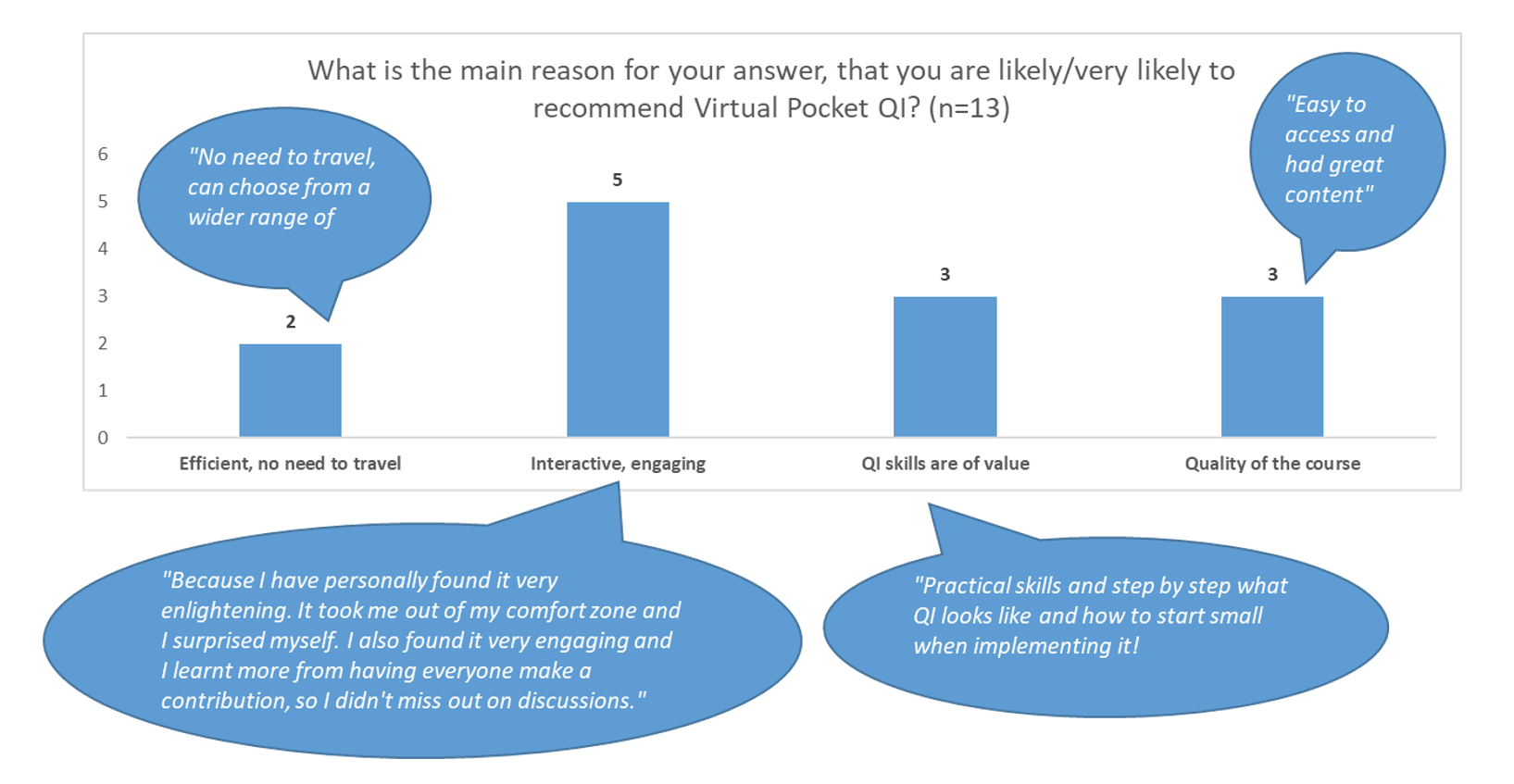
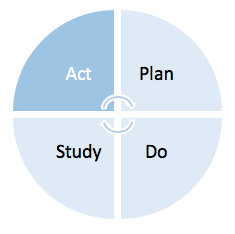 Act: We can adapt, abandon, adopt – plan for your next test in April
Act: We can adapt, abandon, adopt – plan for your next test in April
